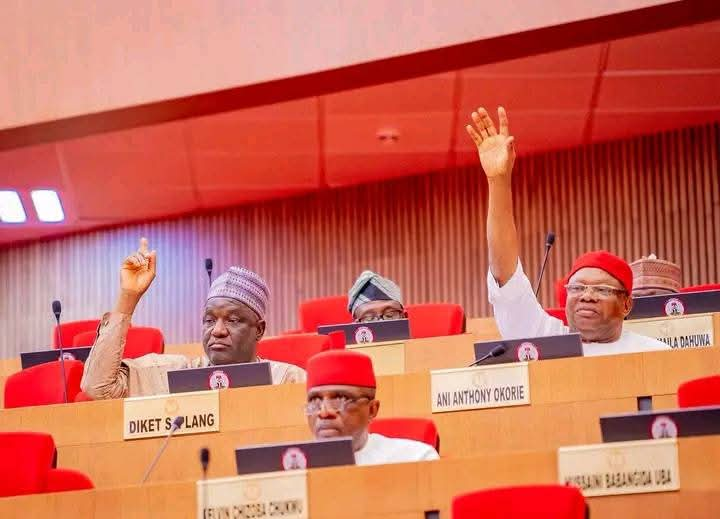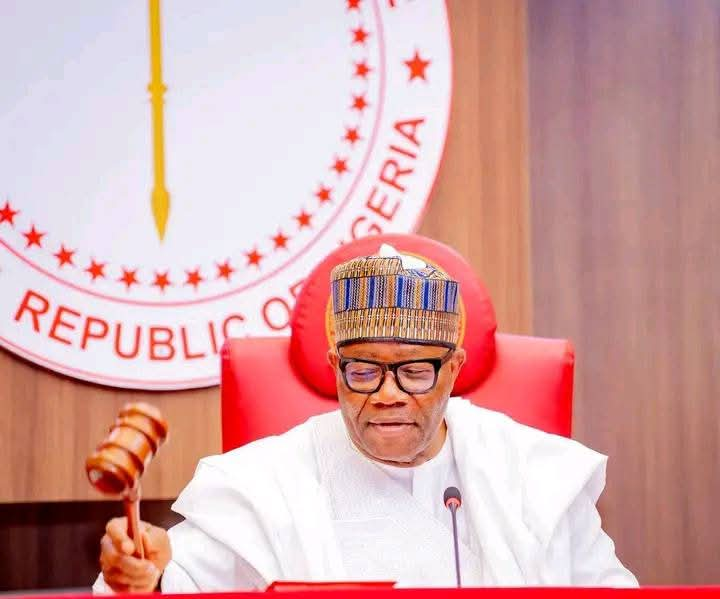By Anamati Inyang | November 5, 2025
The Nigerian Senate has taken a significant step toward environmental sustainability and technological advancement by passing the Electric Vehicle Transition and Green Mobility Bill, 2025, for its second reading.
The proposed legislation seeks to establish a national framework for Nigeria’s gradual shift from petrol-powered cars to electric vehicles (EVs), while promoting local manufacturing and supporting the country’s clean energy agenda.
Sponsored by Senator Orji Uzor Kalu representing Abia North Senatorial District, the bill received broad support from lawmakers who described it as a bold move toward energy diversification, economic innovation, and sustainable mobility.
Leading the debate, Senator Kalu explained that the bill aims to transform Nigeria’s automotive and energy sectors, encourage innovation, and create jobs along the manufacturing and supply value chain.

He stated that the proposed law provides for a range of incentives including tax holidays, import duty waivers, toll exemptions, and subsidies for EV users and investors. It also mandates the installation of charging stations in all fuel outlets across the country to ensure smooth nationwide adoption.
A major clause in the bill requires foreign automakers entering the Nigerian market to partner with licensed local assemblers and establish assembly plants within three years. Additionally, by 2030, at least 30 percent of components used in electric vehicles must be locally sourced.
Violations of the law could attract fines of up to ₦250 million per breach, while unlicensed importers of electric vehicles risk ₦500 million fines and confiscation of their goods.
Economically, the bill seeks to position Nigeria as a hub for EV manufacturing in Africa, mandating that local assemblers produce at least 5,000 vehicles annually in compliance with international safety and technical standards. Investors who establish charging stations will also qualify for government grants and tax credits.
The Senate President, Godswill Akpabio, described the bill as a forward-looking legislative initiative that aligns with President Bola Ahmed Tinubu’s agenda for economic diversification, green energy adoption, and industrial growth.
The bill has been referred to the Senate Committee on Industry for further legislative review and is expected to return to plenary for final consideration.










